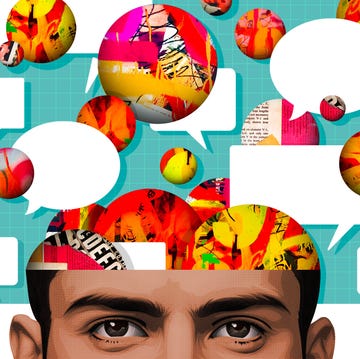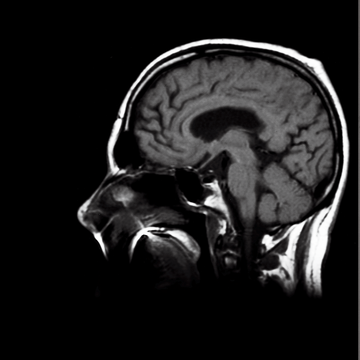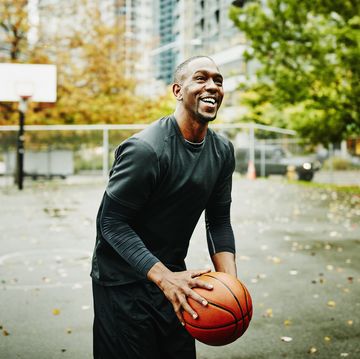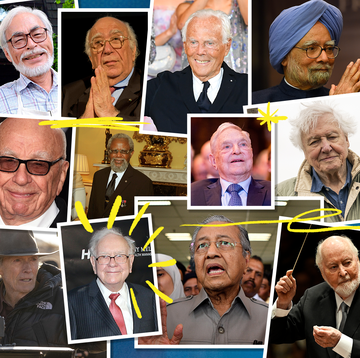We’ve all had it happen: You’re trying to hold a conversation when your eye starts uncontrollably twitching. You’re afraid to look the other person in the eye, but you don’t want to seem rude, so you just hope they don’t notice.
But every so often, the twitching continues. So what's behind that eye tic, and, more importantly, can it be stopped?
The official term for this is myokymia, a slight spasm or movement of your lower or upper eyelid. The good news is, although it feels super obvious to you, in many cases, it's not noticeable to others looking at you, according to the American Academy of Ophthalmology.
When your eye twitches, it's because the nerves connected to your eyelid muscles are firing involuntarily, says Ming Wang, M.D., an ophthalmologist in Nashville. In the vast majority of cases, the causes of this nerve activity aren't serious.
Stress, caffeine, and sleep deprivation are all major eye-twitching culprits, since they all throw off your nervous system, though the precise mechanism is unknown. People under a lot of pressure at work or school will often experience eye twitching due to the perfect storm of the combination of stress, sleep deprivation, and caffeine.
How Much Caffeine Should I Take?
Alcohol can also be a trigger for the same reason, though it's less common, says Wang. It’s also possible to experience eye twitching due to dryness in the eyes. In this case, your eyes are closing to ensure they get enough moisture, since blinking can help lubricate them. Dry eyes can be treated with over-the-counter artificial tears (Dry eyes are just one reason your eyes are bloodshot—here are 9 more).
On rare occasions, an infection like conjunctivitis, or pinkeye, could be to blame, says Wang. If you also notice other symptoms like redness, discharge, or tearing, you can see an ophthalmologist for treatment, which will usually take the form of eye drops.
The unlikely worst-case scenario is that your eye twitching is a symptom of a neurological disorder, like multiple sclerosis, Guillain-Barré syndrome, or a even a tumor called a glioma, Dr. Wang adds. If this is the case, the twitching will likely get worse over time and spread to other parts of the face. A doctor can perform a brain scan to test for these conditions.
If your eye twitching isn’t related to any infection or illness, decreasing your caffeine and stress, and getting more sleep, are the best ways to treat it, says Dr. Wang. You can’t make those moments when your eye starts twitching less awkward, but you can make them less frequent (For more health tips on how to live your best life, sign up for our Daily Dose newsletter).













